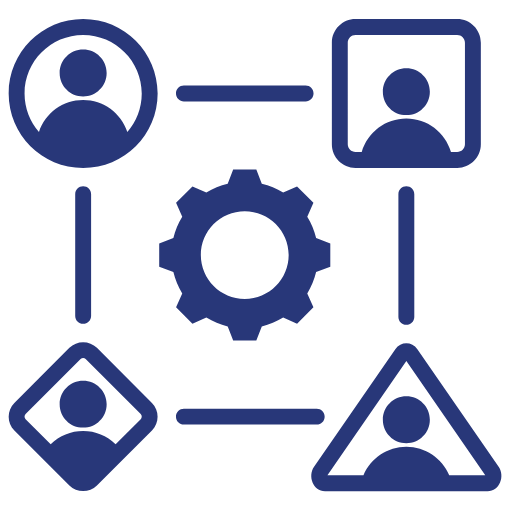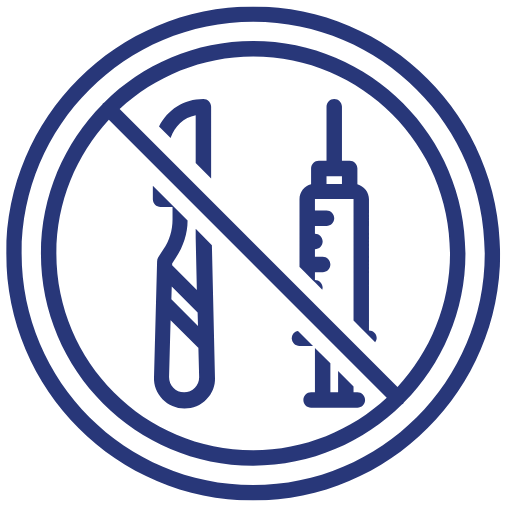
Congenital Heart Disease Treatment in Mumbai, India
Congenital heart diseases (CHDs) are structural abnormalities in a child’s heart that are present at birth. These conditions can vary in severity—from minor defects that close on their own to complex malformations that need surgery or interventions. Early diagnosis and treatment are crucial to improving outcomes and preventing complications later in life.
For families seeking congenital heart disease treatment in Mumbai, Dr. Prashant Bobhate provides a rare blend of advanced medical expertise and compassionate pediatric care. “With timely intervention and an individualized approach, most children with CHD can live full, healthy lives,” says Dr. Bobhate.
He adds, “What matters most is understanding each child’s unique condition and offering the right intervention at the right time.”
Dr. Prashant Bobhate is a renowned pediatric cardiologist in Mumbai. With over 12 years of clinical experience, he has extensive expertise in diagnosing and managing complex congenital heart defects.
Trained in India and Canada, he practices at the Children’s Heart Centre, Kokilaben Dhirubhai Ambani Hospital. His deep specialization in both interventional cardiology and fetal echocardiography positions him as one of the best child heart specialists in Mumbai.
As Dr. Prashant Bobhate, a leading Pediatric Cardiologist in Mumbai, India, explains:
“Heart conditions in children are not always visible at birth, but early detection can be life-saving. A child’s heart health influences everything—from growth and development to learning and energy levels. Timely diagnosis and treatment ensure a healthier, more active childhood.”
Contact Us
Now, let’s explore the most common conditions Dr. Bobhate treats with precision and care.
Types of Congenital Heart Diseases Treated by Dr. Prashant Bobhate

Atrial Septal Defect (ASD)
A hole between the heart’s upper chambers that can cause increased blood flow to the lungs. Often closed using a catheter-based device.

Ventricular Septal Defect (VSD)
A defect in the wall between the lower chambers, which may close on its own or require surgical or catheter-based closure.

Patent Ductus Arteriosus (PDA)
A persistent fetal blood vessel that fails to close after birth, leading to abnormal circulation.

Tetralogy of Fallot (TOF)
A complex condition involving four heart defects that typically requires open-heart surgery in infancy.

Transposition of the Great Arteries (TGA)
A life-threatening condition where the two main arteries leaving the heart are reversed.

Coarctation of the Aorta
Narrowing of the aorta that can lead to high blood pressure and heart damage if untreated.

Pulmonary Stenosis
Obstruction of blood flow from the right ventricle to the lungs, sometimes treated with balloon valvuloplasty.
Now, let’s explore the most common conditions Dr. Bobhate treats with precision and care.
Advanced Pediatric Cardiac Interventions with Dr. Prashant Bobhate
Dr. Prashant Bobhate specializes in cutting-edge, minimally invasive cardiac procedures that significantly reduce hospital stays, discomfort, and long-term risks for children with congenital heart disease. These interventions are designed to correct structural heart defects without the need for open-heart surgery in eligible cases. Below are some of the key procedures performed:
Device Closure for ASD & VSD
These catheter interventions seal off abnormal openings in the heart with specially created closure devices. They eliminate the need for open surgery and offer quicker recovery.
Balloon Valvuloplasty
A procedure used to treat stenosis (narrowing) of heart valves. A balloon-tipped catheter is inserted to widen the valve and improve blood flow.
Balloon Angioplasty
Stent Implantation
Transcatheter Potts Shunt
Concerned about how much your child’s heart treatment might cost? Here’s what you need to understand before planning financially and emotionally.
Congenital Heart Defect Treatment Cost in Mumbai
The cost of heart defect treatment for children in Mumbai can vary widely based on the complexity of the condition, the type of intervention required, hospital infrastructure, and follow-up care. While some simpler procedures, like device closures, can be done via catheter, others, like open-heart surgeries, involve ICU care and extended hospitalization.
Dr. Prashant Bobhate, a sought-after pediatric specialist for congenital heart disease treatment in Mumbai, practices at Kokilaben Dhirubhai Ambani Hospital, which offers a range of options for families, including advanced diagnostic tools, interventional procedures, and pediatric cardiac surgery. Parents are guided through every step—from financial counseling to post-treatment care planning.
Want a plan that fits your child—not just the diagnosis? Every child is unique—and so is their treatment.
Personalized Treatment Plans for Children with CHD

Detailed Diagnostic Evaluation
Dr. Bobhate begins with a detailed echocardiogram, fetal echo (if applicable), and other imaging tools to assess the heart’s structure and function.

Multidisciplinary Review
The treatment plan is developed in collaboration with pediatric cardiac surgeons, intensivists, and rehabilitation specialists when needed.

Parental Counseling
Parents are thoroughly briefed on the condition, treatment options, prognosis, and what to expect during recovery.

Minimally Invasive Where Possible

Structured Follow-up
Why Choose Dr. Prashant Bobhate for Congenital Heart Disease Treatment in Mumbai?
Extensive Experience in Pediatric Cardiology
Global Training in Paediatric Cardiology & Pulmonary Hypertension
Performs Advanced Interventions Like Transcatheter Potts Shunt
Personalized & Family-Oriented Care Philosophy
Trusted Name in Fetal Echocardiography & Prenatal Counseling
Recognized Leader in Pediatric Pulmonary Hypertension in India
FAQs
What is the best treatment for heart disease?
Can you live a normal life with congenital heart disease?
Is CHD genetic?
What not to do if you have congenital heart disease?
Can ECG detect CHD?
Disclaimer: The content shared on this page is for informational purposes and not for promotional use.


